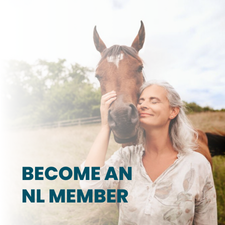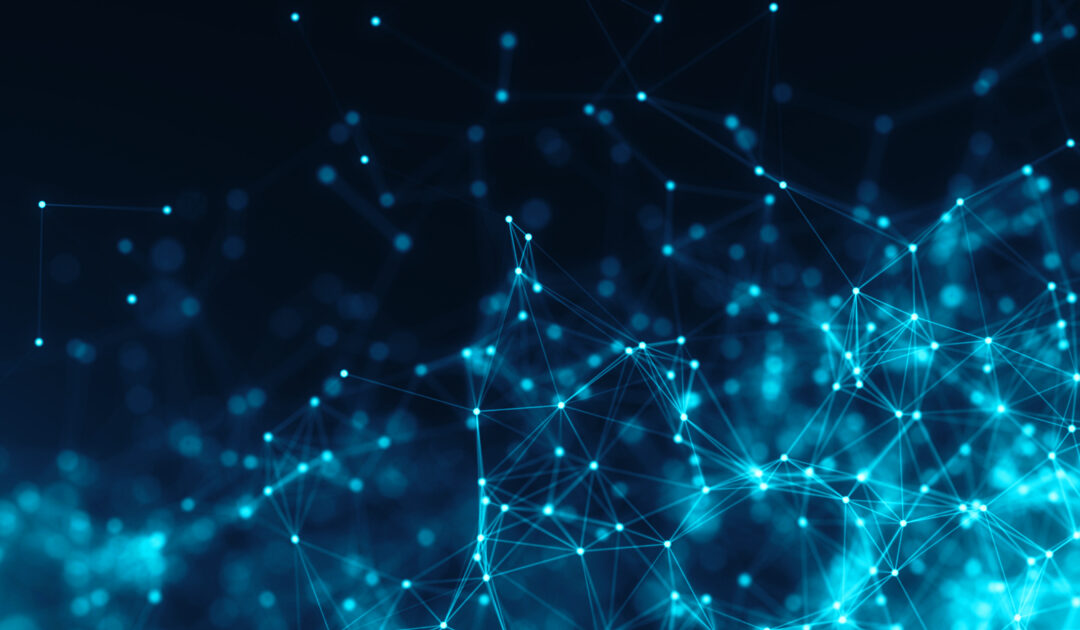Kate Naylor is an LMFT, wife, mother, daughter, sister, and the NL Director of Trainer Development and Community Engagement. This is her first letter to you, our community of helpers, healers, and all-around world changers. . .
As I sit at my computer to write to you all directly for the first time, what I want to say is “We are living in troubled times”, and yet, as I move more deeply into reflection I recognize that for many people of color in our country, times have always been troubled.
It is, in fact, a significant privilege that I am only more recently feeling the trouble that has always existed in our history. I feel guilt, but more importantly, I feel a pull to be different.
Today it feels necessary, in our community of trauma-informed people, that we take a look at the concept of intergenerational trauma.
Toxic Stress & Intergenerational Trauma
Often in our work at The Natural Lifemanship Institute, we discuss the impact of toxic stress on a developing fetus, infant, child, adolescent, and adult. Implied in this is that toxic stress on a mother is equally damaging because of her influence on a developing child.
What we also know, through the science of epigenetics, is that toxic and chronic stress on a mother’s mother, and her mother, and the family and community that surrounds her, for generations back, has an impact on how a growing brain and body develop.
Most of us believe in an interconnectedness in our lives to some degree – we are clearly having an impact on the people we interact with daily – this is, in fact, a major tenet of trauma-informed care (relationship is the vehicle for change…both positive and negative change).
What can be harder for some of us to believe is that we have an impact on people and creatures that we don’t have a daily interaction with, and they impact us as well. However, I think the presence of COVID fairly soundly demonstrates that our impact on unseen others is in fact, true.
What is harder still to grasp, is that the cultures, the values, the environments, and the institutions that surround us also impact our development and the development of generations to come. Our ancestors affect us and we affect our future ancestors.
Interconnectedness
Many of us struggle to believe what we cannot see with the naked eye – yet our interconnectedness is visible if you seek it.
The science of epigenetics has shown us that trauma survivors, like those who have survived the Holocaust or a period of famine, have changes all the way down to the way proteins are expressed in their DNA as a result of their trauma, and these cellular changes can be seen for at least three generations.
Grandchildren and great-grandchildren of trauma survivors show similar trauma at the cellular level. The biological impact is astounding. But, of course, what is in the genes shows up in the brain and the body, which influences how we relate, thereby influencing our culture.
Brene Brown defines culture as “The way we do things around here.” Our genes, our brains, and our bodies influence “the way we do things around here.” What affects us on a cellular level affects everything. What affects just one of us affects us all.
How Trauma Impacts the Brain & Body
What do we know about how trauma impacts the brain and body? You know quite a bit if you’ve followed NL for very long. Trauma puts a brain into chronic survival mode – survival mode is reactive, it is fear turned to fight, flight, freeze, and fawn.
By definition, survival mode is “me” thinking, not “we” thinking. And when trauma is passed down through the generations, through our DNA and culture, we, the oppressed and the oppressors, begin to forget that there ever was another way. Three, four, five generations later – how could we know that what we know is based on trauma?
Building New Neural Pathways
What I see happening in race relations through our history, rising to a peak over and over including right now, is trauma re-lived. I speak of the oppressors, I speak of the oppressed. Cultures of hate, cultures of fear…it all boils into anger, and it is so old we’ve forgotten that at one time it was learned. We are ALL experiencing versions of this. BUT…remember the resounding hope of our incredible brains??? They are changeable!
We have the power to control ourselves, to build new neural pathways that can end cycles of hate, of fear, of violence…of trauma. It takes intention and practice, so much practice. But it is possible.
The astonishing community of The Natural Lifemanship Institute – YOU healers and helpers and guides – have the tools to change yourselves, and then support others in their change.
Information, Intention, Action
I believe change begins with information, then intention, then action…with the proper support along the way – and change in a community begins with us. We want to offer a place for learning, for intention setting, for moving into action, and for rest. Below you will find upcoming opportunities for learning and listening, as well as online resources that are always available to those who want to choose a new way forward.
We love our NL community, we trust that each and every one of you are doing your best each and every day. AND we know that we can continue to grow and stretch ourselves when we are called to do so.
We will be growing and stretching right alongside you.
Educational Resources & Trainings
Webinar with Elizabeth McCorvey, LCSW: June 15, 1pm central
Elizabeth leads trainings to demystify and remove the shame that many non-black/POC therapists feel when confronted with issues related to race and equity. Elizabeth is an EAP/L practitioner in North Carolina, this webinar is presented in partnership with Shannon Knapp (an NL Trainer) and Horse Sense of the Carolinas. Must register to attend!
An emerging line of research is exploring how historical and cultural traumas affect survivors’ children for generations to come.
Free Webinar: Race and Development with Melanie Chung Sherman, LCSW
Learn how to talk about the impacts of race and racial awareness in relation to social and emotional development, an important way to help positively guide children from every background.
Presentation from Dr. Joy DeGruy on the topic of Multigenerational Trauma for African Americans
What is Post Traumatic Slave Syndrome and how is it still impacting lives today?
A self-discovery book to examine racialized trauma in America from the perspective of body-centered psychology
Cracking the Codes: A Story About a Trip to the Grocery Store
Stop Hesitating: A Resource for Psychotherapists and Counselors



Recent Comments